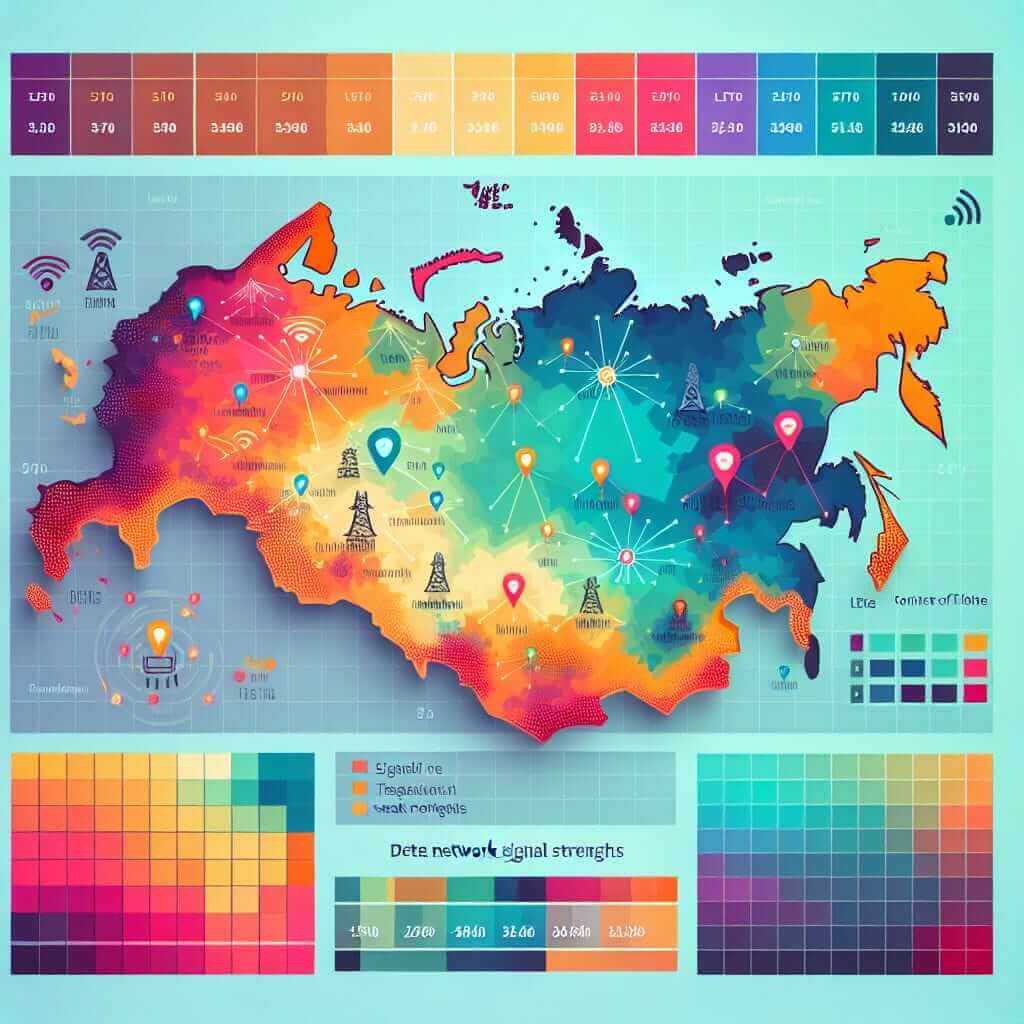The term “LTE,” short for “Long-Term Evolution,” is frequently used in technology discussions and has become increasingly relevant in the IELTS exam, especially when the topic touches upon mobile communication and internet speed. Understanding its meaning and usage can be beneficial for your vocabulary score.
Deconstructing “LTE” for IELTS Success
Let’s break down “LTE” and its significance in the context of IELTS:
- LTE (noun): /ˌɛl.tiːˈiː/ – a standard for wireless communication of high-speed data for mobile phones and other devices.
Here are some synonyms and related terms you might encounter:
- 4G: Fourth generation wireless technology, which LTE is a part of.
- Mobile broadband: High-speed internet access through a mobile network.
- Wireless communication: Data transfer without physical connections like cables.
Example: “The widespread adoption of LTE has significantly improved mobile internet speeds, allowing users to stream high-definition videos and download large files on the go.”
“LTE” in the IELTS Exam: Where Does It Fit?
The term “LTE” frequently appears in the IELTS Listening and Reading sections, particularly in passages or dialogues related to:
- Technology advancements: Discussions about the evolution of mobile networks and their impact on society.
- Consumer electronics: Descriptions of smartphones and tablets highlighting their connectivity features.
- Telecommunications infrastructure: Texts exploring the development and rollout of faster internet networks globally.

Mastering “LTE” in Your IELTS Writing
Imagine you’re presented with an IELTS Writing Task 2 question like:
“The rapid development of technology, especially in telecommunications, has brought many advantages. However, some believe that it also has negative consequences. Discuss both views and give your own opinion.“
You can skillfully incorporate “LTE” to illustrate your points:
“On the one hand, advancements such as LTE have revolutionized communication. The ability to access information and connect with others instantaneously from virtually anywhere has had a profound impact on businesses, education, and social interactions…”
Beyond “LTE”: Expanding Your Technology Lexicon
Here are some collocations and phrases related to “LTE” that can enrich your IELTS vocabulary:
- LTE coverage: “The LTE coverage in rural areas is still limited, posing challenges for businesses and residents relying on fast internet access.”
- LTE-enabled device: “Most modern smartphones are LTE-enabled devices, allowing for seamless streaming and browsing experiences.”
- LTE network: “The government is investing heavily in expanding the LTE network to provide faster internet speeds to more citizens.”
Conclusion
Mastering technology-related vocabulary like “LTE” is essential for achieving a high band score in the IELTS exam. Familiarizing yourself with such terms, their usage in different contexts, and incorporating them effectively in your speaking and writing will undoubtedly enhance your overall performance. Continue to explore technology articles, listen to podcasts, and engage in discussions to solidify your understanding and excel in your IELTS journey.